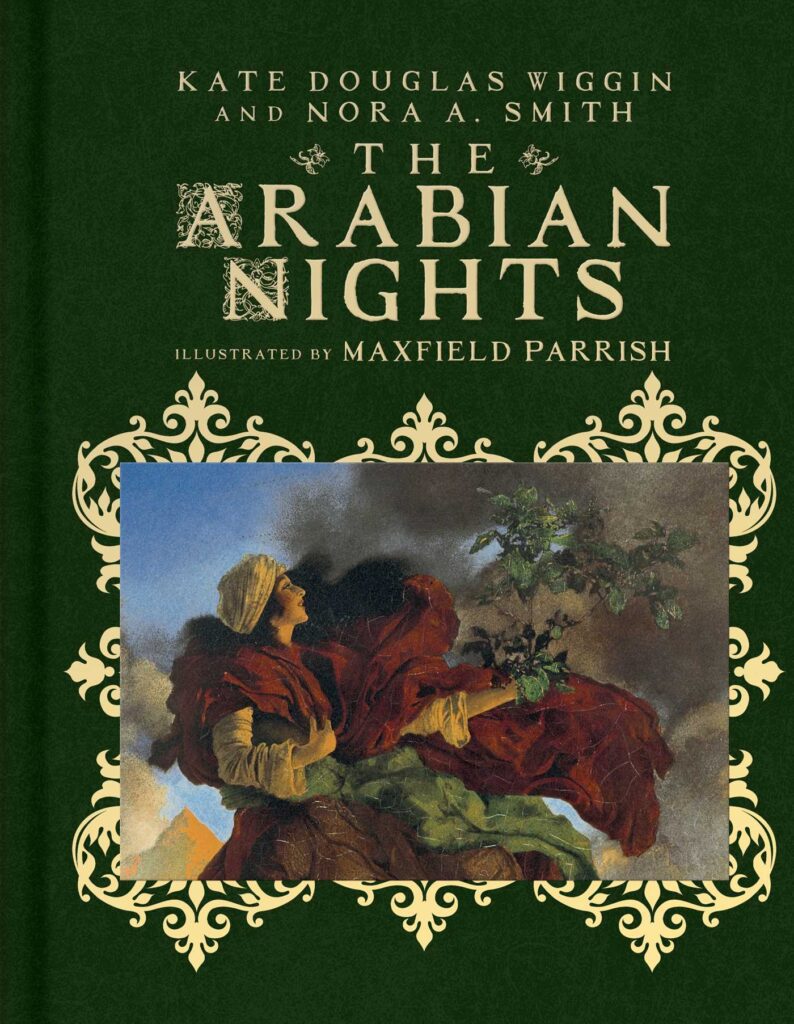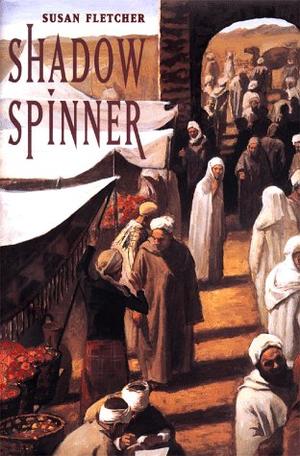To fully appreciate the wisdom of Shadow Spinner by Susan Fletcher, we need to first begin with the history of The Thousand and One Nights.
We know that the stories of The Thousand and One Nights are set in the Middle Ages of the Persian Empire. But these were actually compiled over several centuries, in multiple countries and languages. When the Arab Traders of 8th Century travelled worldwide, they carried these tales with them – thus, also called The Arabian Nights.
Essentially, we are talking about stories that are more than 1300 old! And all of them told over a span of 1001 nights by the wily Shahrazad to pacify the Sultan. Here is a woman who with her spine of steel and love for the written word managed to change the course of (fictional) history.
But what was Shahrazad really like? How did she survive so long, married to a mad man, desperate and afraid every day whether she would live to see the next day, and the next, for almost 3 years? We get to know this side of Shahrazad, in Shadow Spinner.
Shadow Spinner is like a background novella to The Arabian Nights. This book is about Marjan, a physically disabled servant girl, who helps Shahrazad in acquiring new stories. The Sultan is grieving over his past sins but is also unable to stop himself from femicide, and Shahrazad could be next.
Make no mistake, the Sultan, his mother and his younger brother, are all maddened with hatred. Hatred for betrayals past and betrayals anticipated. We know that The Arabian Nights ends “happily”. But there is no denying that the path to happy ending was full of bloodshed and fruitless revenge. It’s a powerful moment in the book when the narrator, our Marjan, notes:
“It seemed that in this world we were piling up hurt upon hurt, and hate upon hate, and then hurt upon hurt again.
Forgiveness. We couldn’t forgive. We could only hate when we were hurt. And then the hurt and the hate would start up again — all in a terrible circle.”
It could not be truer than in 2020, where Covid-19 and all of the aftermath has hit us in every part of the world. We are all grieving, we all have have our own demons to deal with. But:
“Its when we cherish [the demons] — cradle them to our breasts and feed them day after day — that’s when they curdle our souls.”
Marjan tells Shahrazad that she would never be able to forgive such a man, for repaying one hurt with a thousand others, one crime with a thousand more — no matter whether he suffers in conscience for these terrible things that he has done. Marjan at one point accuses Shahrazad for actually being in love with him. I agreed with Marjan, till Shahrazad simply says,
“There’s nothing wrong with loving someone. It’s hating — that’s what’s wrong.”
Shadow Spinner has much similar astonishing insight on the conflicted nature of human emotion and the grayness of human behavior. I hadn’t expected that a a book that has been billed as a children’s book/ middle grade book could raise such grave questions.
For example, the book asks whether a woman who maimed her only daughter can still be remembered fondly. When a mother encourages her son to blind massacre, can she really claim to have done it out of devotion? We are tested when we have to trust someone whom others have dismissed as odd and unreliable. We are also questioned whether the State can chop off portions of a narrative that the the audience is not prepared to accept.
Shadow Spinner explores all of these complicated issues and more. But perhaps the most important theme is this: Can we see the ugliness in another human being, and still be able to forgive?
One last excerpt from the book:
“I glanced at him again. Pain was flooding [the Sultan’s] eyes. A spasm shuddered across his countenance, and the stone facade broke. Crumbled. The muscles in his face were working, struggling for control. He bowed his head, covered his face with his hands, and I heard a sharp intake of breath that might have been a sob.”

